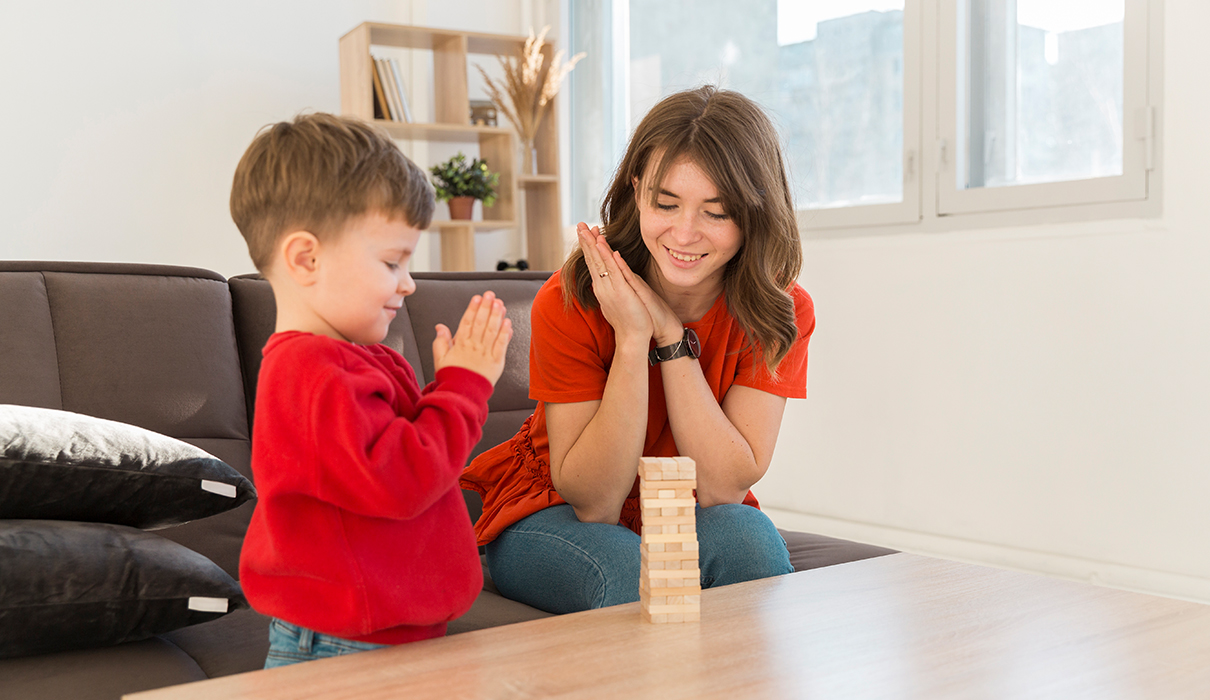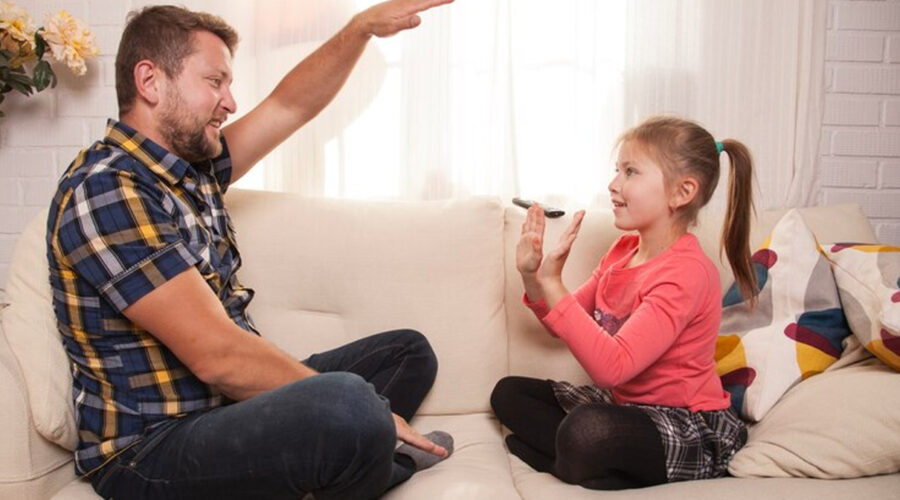Positive discipline is a compass guiding us toward fostering not just compliant behavior, but the development of resilient, confident, and compassionate individuals. As we journey together, we’ll uncover the principles that underpin positive discipline, discovering how it creates a nurturing environment where children thrive emotionally and socially.
Importance of effective communication in parenting
Communication is like the secret code that makes parenting awesome! Imagine sharing your feelings, thoughts, and ideas with your parents, and they do the same with you. That’s what effective communication is all about! It creates a strong bond, like a superhero team working together. When everyone talks openly, problems get solved, misunderstandings disappear, and everyone feels understood and loved. It’s like having a superpower that makes your family strong and happy.
Understanding Positive Discipline
One approach to this is to acknowledge your mistakes and apologize. This demonstrates that children value their feelings and take accountability for one’s actions. One can also learn from errors by demonstrating the behavior they want to see in their kids. Given that children learn a lot from watching their parents, exhibiting the qualities you want for them is crucial. Being respectful, kind, and empathetic towards children and others and practicing healthy communication skills like active listening and calm, clear expression is essential.
Importance of Consistency in Parenting
Consistency is the bedrock of effective parenting. When it comes to positive discipline, consistency in enforcing rules and consequences helps children understand expectations and fosters a sense of security.
Creating a Positive Environment at Home
A positive home environment is crucial for a child’s development. Foster positivity by celebrating achievements, no matter how small. This encourages a mindset of growth and resilience.
Tools for Effective Communication
Communication tools play a vital role in connecting with your child. Utilize tools like active listening, maintaining eye contact, and using open-ended questions to encourage meaningful conversations.
Nurturing Emotional Intelligence
Teaching kids to recognize and manage their emotions is essential. Nurturing emotional intelligence allows them to navigate challenges effectively, promoting positive behavior and communication.
Encouraging Open Dialogue with Kids
Create a safe space for your child to express themselves openly. Encourage them to share their thoughts and concerns without fear of judgment. An open dialogue fosters trust and strengthens your bond.
Setting Realistic Expectations
Setting realistic expectations for both yourself and your child is paramount. Understand that perfection is not the goal; rather, focus on continuous improvement and learning from each experience.
The Role of Active Listening
Active listening involves fully engaging in a conversation, showing genuine interest, and validating your child’s feelings. This simple yet powerful practice enhances communication and strengthens your connection.
Encouraging Independence with Positivity
Foster a sense of independence in your child by encouraging autonomy within a positive framework. Allow them to make choices and learn from their experiences, promoting confidence and self-reliance.
Positive Reinforcement Done Right
Utilize positive reinforcement to encourage desirable behavior. Praise and rewards, when used thoughtfully, reinforce the importance of positive discipline and motivate children to continue making positive choices.
Balancing Discipline with Love
Balancing discipline with love is the key to effective parenting. Discipline should always come from a place of love and understanding, guiding your child to make better choices rather than instilling fear.
The Impact of Positive Parenting on Kids
In conclusion, adopting a minimalist approach to positive discipline and effective communication with kids can have a profound impact. By focusing on simplicity, and consistency, and fostering a positive environment, parents can nurture strong connections that last a lifetime.
Conclusion
positive discipline is about teaching, not punishing. It’s a journey of continuous improvement, where both parents and children learn and grow together. As we navigate the challenges of parenting with simplicity and empathy, we lay the foundation for a harmonious home where love, understanding, and effective communication thrive. So, let’s embrace the beauty of minimalist parenting, creating a positive and enriching environment for our children to flourish.
FAQ's
- How can I discipline my child positively without resorting to punishment?
Ans.: Positive discipline involves redirecting negative behavior towards positive alternatives. Instead of punishment, focus on teaching valuable life skills. - Why is actively listening important in effective communication with kids?
Ans.: Active listening builds trust and strengthens your connection with your child. It shows genuine interest and validates their feelings, fostering open communication. - What role does consistency play in positive parenting?
Ans.: Consistency in enforcing rules and consequences helps children understand expectations, creating a sense of security and stability. - How can I encourage independence in my child within a positive framework?
Ans.: Foster independence by allowing your child to make choices and learn from their experiences. Encouraging autonomy promotes confidence and self-reliance. - Why is it essential to balance discipline with love?
Ans.: Balancing discipline with love ensures that discipline comes from a place of understanding, guiding your child to make better choices without instilling fear.




